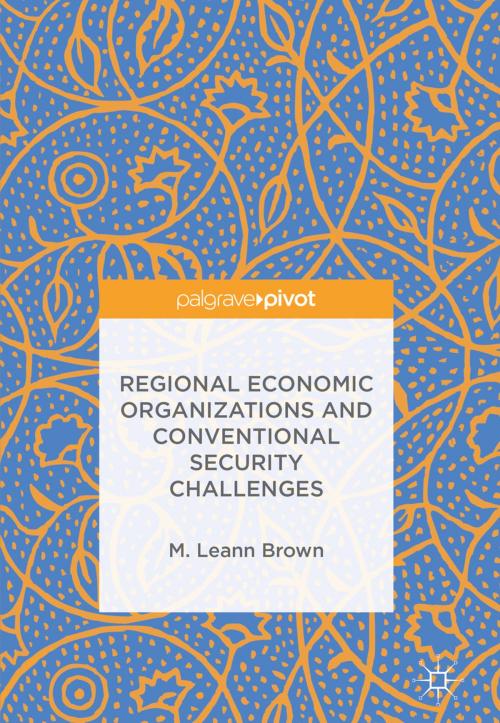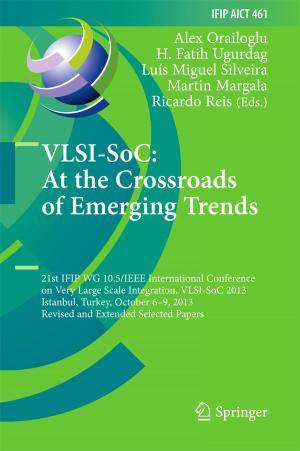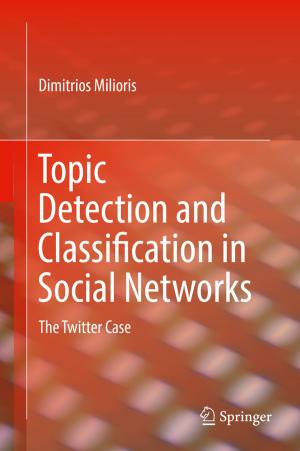Regional Economic Organizations and Conventional Security Challenges
Nonfiction, Social & Cultural Studies, Political Science, International, International Security, International Relations| Author: | M. Leann Brown | ISBN: | 9783319705330 |
| Publisher: | Springer International Publishing | Publication: | November 22, 2017 |
| Imprint: | Palgrave Pivot | Language: | English |
| Author: | M. Leann Brown |
| ISBN: | 9783319705330 |
| Publisher: | Springer International Publishing |
| Publication: | November 22, 2017 |
| Imprint: | Palgrave Pivot |
| Language: | English |
Within the context of regional integration, comparative regionalism, organizational change, and regional security literatures, this book investigates three cases wherein regional economic organizations were confronted with conventional security threats: the 1978-91 Association of Southeast Asian Nations-Vietnam Standoff, the 1990 Economic Community of West Africa-Liberian Civil War Challenge, and the 1990-91 European Communities-Balkans Crisis. While the literature suggests multiple possible explanations for regional economic organizations’ response to these security challenges, including systemic and power-related factors, organizational factors and functional needs, and cognitive and social factors, the author argues that the decision to transform a regional economic organization into a conventional security actor is most influenced by decision makers’ perceptions of threat and functional necessity.
Within the context of regional integration, comparative regionalism, organizational change, and regional security literatures, this book investigates three cases wherein regional economic organizations were confronted with conventional security threats: the 1978-91 Association of Southeast Asian Nations-Vietnam Standoff, the 1990 Economic Community of West Africa-Liberian Civil War Challenge, and the 1990-91 European Communities-Balkans Crisis. While the literature suggests multiple possible explanations for regional economic organizations’ response to these security challenges, including systemic and power-related factors, organizational factors and functional needs, and cognitive and social factors, the author argues that the decision to transform a regional economic organization into a conventional security actor is most influenced by decision makers’ perceptions of threat and functional necessity.















